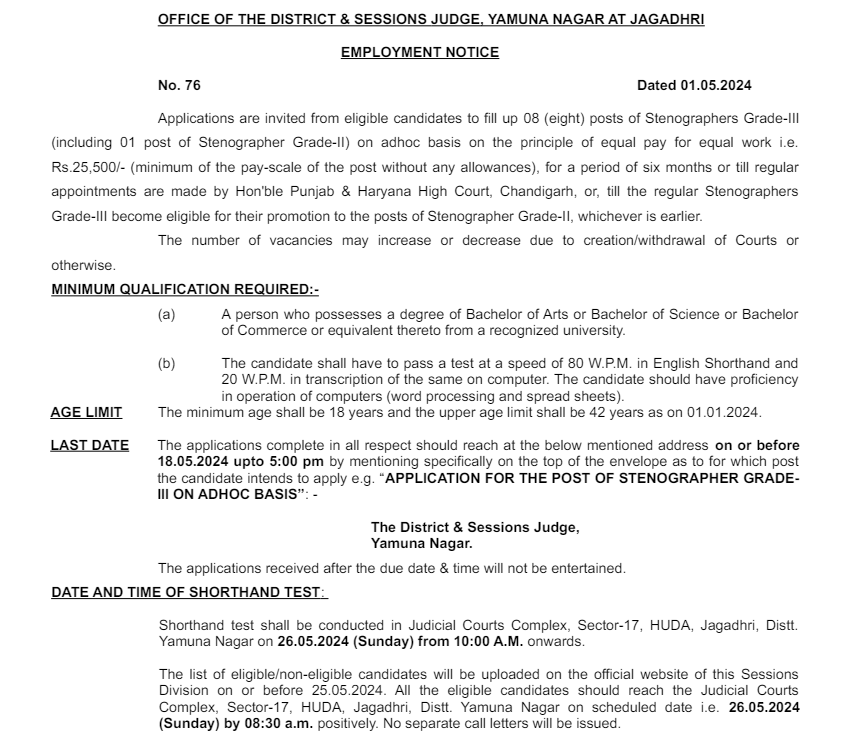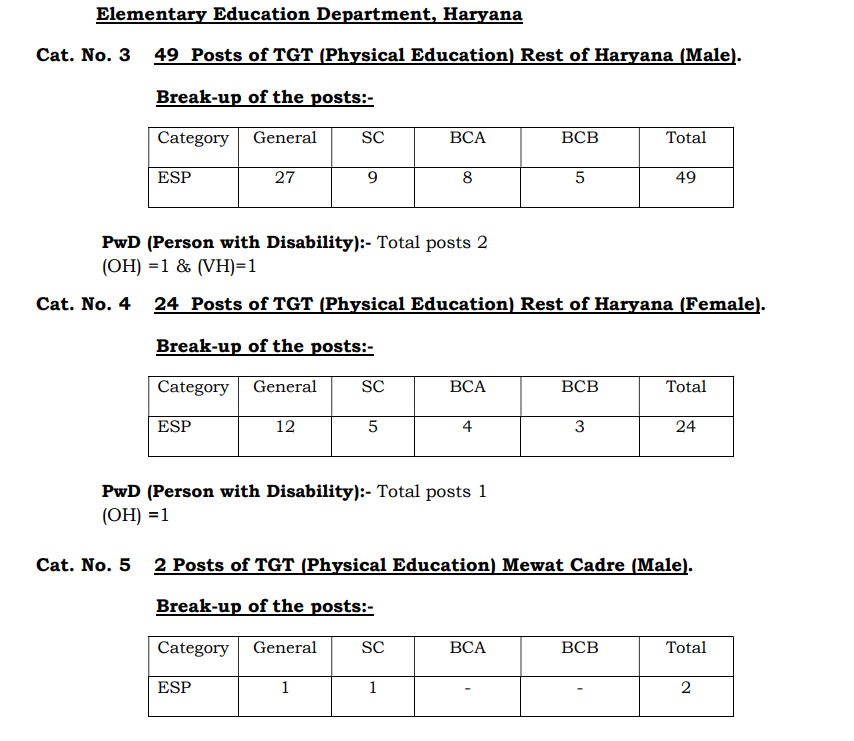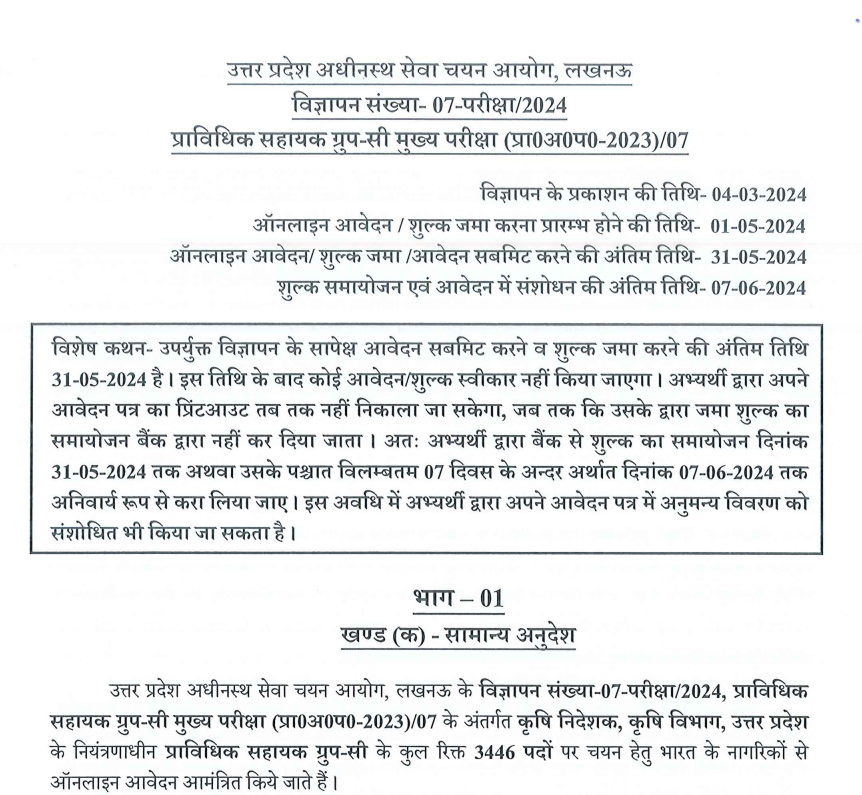Basic Electrical Special MCQ Part 1

Category –EE Online Test
Telegram-Join Us On Telegram
Attempt Free Basic Electrical Special MCQ Part 1 Here. Read The Important Electrical MCQ From Below.
Basic Electrical Special MCQ Part One
1.The atomic number of an element is determined by
- The number of neutrons.
- The number of protons.
- The number of neutrons plus the number of protons.
- The number of electrons.
Answer-2
2.The atomic weight of an element is approximately determined by
- The number of neutrons.
- The number of protons.
- The number of neutrons plus the number of protons.
- The number of electrons.
Answer-3
3.Suppose there is an atom of oxygen, containing eight protons and eight neutrons in the nucleus, and two neutrons are added to the nucleus. The resulting atomic weight is about
- 8
- 10
- 16
- 18
Answer-4
Basic Electrical Special MCQ Part 1
4.An ion
- Is electrically neutral.
- Has positive electric charge.
- Has negative electric charge.
- Might have either a positive or negative charge.
Answer-4
5.An isotope
- Is electrically neutral.
- Has positive electric charge.
- Has negative electric charge.
- Might have either a positive or negative charge.
Answer-4
6.A molecule
- Might consist of just a single atom of an element.
- Must always contain two or more elements.
- Always has two or more atoms.
- Is always electrically charged.
Answer-1
Basic Electrical Special MCQ Part 1
7.In a compound
- There can be just a single atom of an element.
- There must always be two or more elements.
- The atoms are mixed in with each other but not joined.
- There is always a shortage of electrons.
Answer-2
8.An electrical insulator can be made a conductor
- By heating.
- By cooling.
- By ionizing.
- By oxidizing.
Answer-3
9.Of the following substances, the worst conductor is
- Air.
- Copper.
- Iron.
- Salt water.
Answer-1
Basic Electrical Special MCQ Part 1
10.Of the following substances, the best conductor is
- Air.
- Copper.
- Iron.
- Salt water.
Answer-2
11.Movement of holes in a semiconductor
- Is like a flow of electrons in the same direction.
- Is possible only if the current is high enough.
- Results in a certain amount of electric current.
- Causes the material to stop conducting.
Answer-3
12.A coulomb
- Represents a current of one ampere.
- Flows through a 100-watt light bulb.
- Is one ampere per second.
- Is an extremely large number of charge carriers.
Answer-4
13.If a material has low resistance
- It is a good conductor.
- It is a poor conductor.
- The current flows mainly in the form of holes.
- Current can flow only in one direction.
Answer-1
Basic Electrical Special MCQ Part 1
14.A stroke of lightning
- Is caused by a movement of holes in an insulator.
- Has a very low current.
- Is a discharge of static electricity.
- Builds up between clouds.
Answer-3
15.The volt is the standard unit of
- Current.
- Charge.
- Electromotive force.
- Resistance.
Answer-3
16.If an EMF of one volt is placed across a resistance of two ohms, then the current is
- Half an ampere.
- One ampere.
- Two amperes.
- One ohm.
Answer-1
17.A backwards-working electric motor is best described as
- An inefficient, energy-wasting device.
- A motor with the voltage connected the wrong way.
- An electric generator.
- A magnetic-field generator.
Answer-3
18.In some batteries, chemical energy can be replenished by
- Connecting it to a light bulb.
- Charging it.
- Discharging it.
- No means known; when a battery is dead, you have to throw it away.
Answer-2
Basic Electrical Special MCQ Part 1
19.A changing magnetic field
- Produces an electric current in an insulator.
- Magnetizes the earth.
- Produces a fluctuating electric field.
- Results from a steady electric current.
Answer-3
20.Light is converted into electricity
- In a dry cell.
- In a wet cell.
- In an incandescent bulb.
- In a photovoltaic cell.
Answer-4














